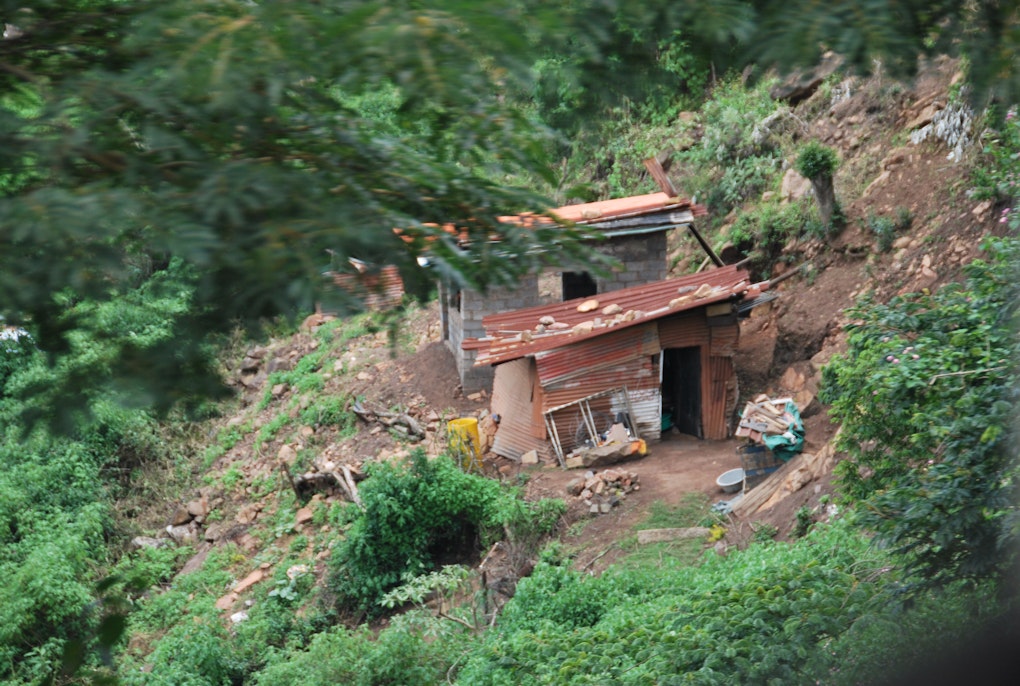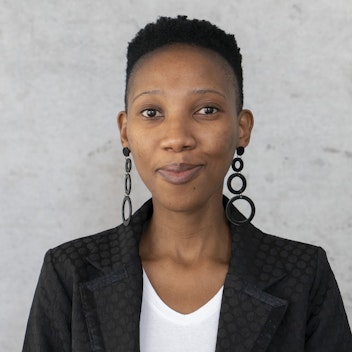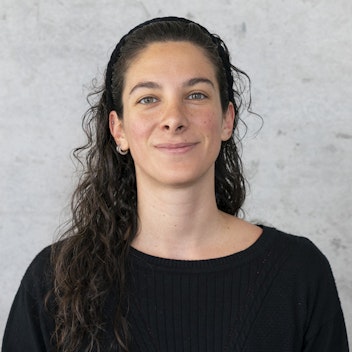
Seeking bolder and stronger climate action: A historic UN resolution requests the ICJ to issue an opinion on climate obligations
 Federica Cittadino
Federica Cittadino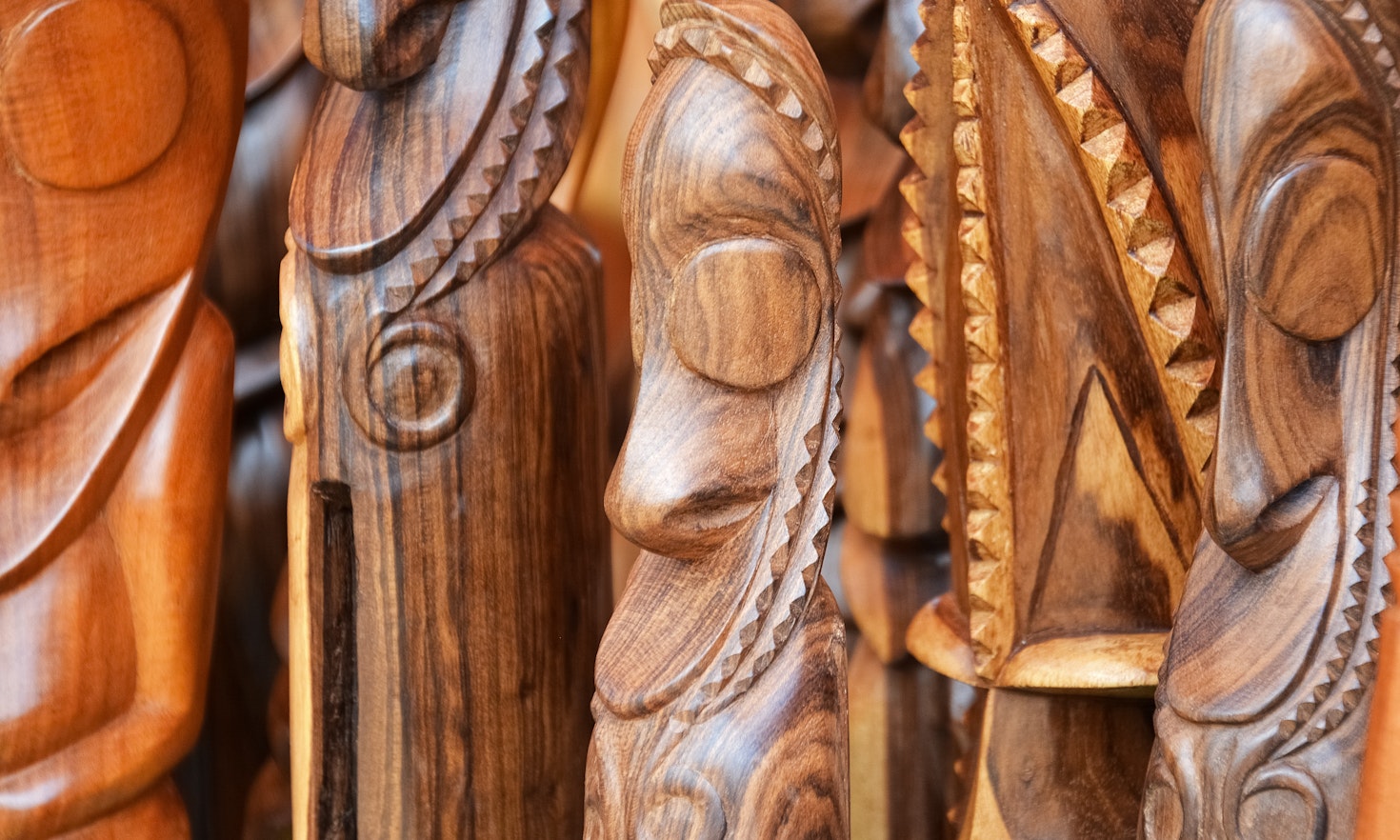
On 12 December 2021, the French overseas collectivity New Caledonia held its third and final independence referendum as foreseen by the 1998 Nouméa Accord. With a voter turnout of just 43.87 percent (80,881 voters and 78,467 valid votes), the official results to the question “Do you want New Caledonia to accede to full sovereignty and become independent?” were 3.50 percent (2,747) in favor and 96.50 percent (75,720) opposed.
This differs drastically from the first two referenda in terms of both turnout and results. In 2020, with a turnout rate of 85.69 percent, the results were 46.74 percent in favor of independence and 53.26 percent opposed. Before that, the 2018 turnout rate was 81.01 percent, resulting in 43.33 percent in favor and 56.67 percent opposed.
The most recent low turnout rate was due to a largescale boycott by independence supporters – primarily among the indigenous Kanak population and spearheaded by the independence coalition Front de Libération Nationale Kanak et Socialiste (FLNKS) – calling into question the legitimacy of the referendum. Still yet, on 3 June 2021, the highest administrative court in Paris rejected the claim brought by the Kanak Customary Senate to nullify the 2021 results.
Because of this, what has defined the narrative of the most recent referendum is not so much its constitutional legitimacy, but rather its political legitimacy. According to Vincent Brengarth, the lawyer who represented the applicants in the emergency interim proceedings introduced for the postponement of the referendum, the date of the referendum was problematic because it coincided both with New Caledonia’s first major uptick in Covid-19 cases and with the French presidential elections.
Following its first major outbreak of Covid-19, New Caledonia imposed strict lockdown measures, which limited the possibility of public debate leading up to the referendum. Brengarth argues that this particularly affected the indigenous Kanak population who have disproportionally low access to internet. Furthermore, indigenous populations – poorer and more likely to live and work in cramped accommodations on average – disproportionately risk being deterred from going to the polls to avoid infection. Lastly, the Council of State rejected the plea for a period of mourning following the first deaths from Covid-19 on the island. As this is a practice which is considered essential in customary tradition, Brengarth says this was a failure for Paris to recognize the indigenous Kanak identity.
As for its temporal proximity to the national elections, separatists argued early on that the two campaign cycles should not overlap. In early concurrence, French Prime Minister Édouard Philippe even went so far as to state “We have ruled out that this third consultation could be organized between the middle of September 2021 and the end of August 2022.” He went on to reason it by saying “It seemed to us collectively that it was preferable to clearly distinguish between national electoral deadlines and those specific to the future of New Caledonia.”
However, for the part of the Élysée, intentions seem relatively clear. Following the results of the vote that took place in December 2021 anyway, French President Emmanuel Macron stated “Tonight, France is more beautiful because New Caledonia has decided to stay part of it.” Touting a major referendum victory inarguably served Macron well on the campaign front in mainland France.
Furthermore, for Macron, New Caledonia is seen as a geopolitically strategic asset by establishing France as the only major European power with a strong foothold in the Indo-Pacific. He sees New Caledonia as a tactic to reduce China’s influence in the region, already by limiting Beijing’s presence on the archipelago compared to other neighboring Pacific islands. The French-integrated Armed Forces of New Caledonia (FANC) also contribute to regional security in the South China Sea and the Strait of Taiwan.
One of the most recent attempts by Paris toward New Caledonian appeasement has been the appointment of Sonia Backès as Secretary of State for Citizenship. She will serve as the first politician from New Caledonia to become part of the government of France. However, as a right-winged anti-independence politician – and as the post is within the interior ministry and now integrated with the overseas ministry, effectively eliminating distinct overseas representation – her appointment has received mixed reactions.
Moving forward, the discussion on the future relationship between metropolitan France and New Caledonia is no longer about full independence. But rather, by June 2023, a new referendum will decide on the next power-sharing statute New Caledonians want to pursue – the content of which is already being discussed. The Law Commission of the French Senate just completed a "fact-finding" mission in New Caledonia. A report on the visit is expected by the end of July.
One of the most contentious topics of discussion regarding the referenda themselves is the limit of voter eligibility. Following the Nouméa Accord, a New Caledonian citizenship restricted voter rolls for the referenda to the indigenous Kanak and French citizens who had lived in New Caledonia for at least ten years by 1998.
Loyalists want to remove the existing residency restrictions, effectively opening up voter eligibility to over 40,000 French residents. On the other hand, supporters of independence argue that this will scrap minority protections that have prevented marginalization from increased immigration from France.
Whatever the content and outcome of next year’s referendum, along with the Law Commission’s report at the end of July, what to look out for will be how Paris decides to balance its strategic interests in the region along with the development of Oceanian sovereignties. To start with, the Élysée will need to find a way to justify the political legitimacy of the challenging 2021 referendum, while making moves toward true reconciliation by 2023.
IACL Blog entry: New Caledonia Rejects Once Again Full Independence, but the Die Is Not Yet Entirely Cast (6 October 2020, Elisabeth Alber)
Blog Symposium Constitutionalism and Pluralism in Overseas France, on the Blog of the International Association of Constitutional Law (IACL), November 2020:

This content is licensed under a Creative Commons Attribution 4.0 International license except for third-party materials or where otherwise noted.

 Federica Cittadino
Federica Cittadino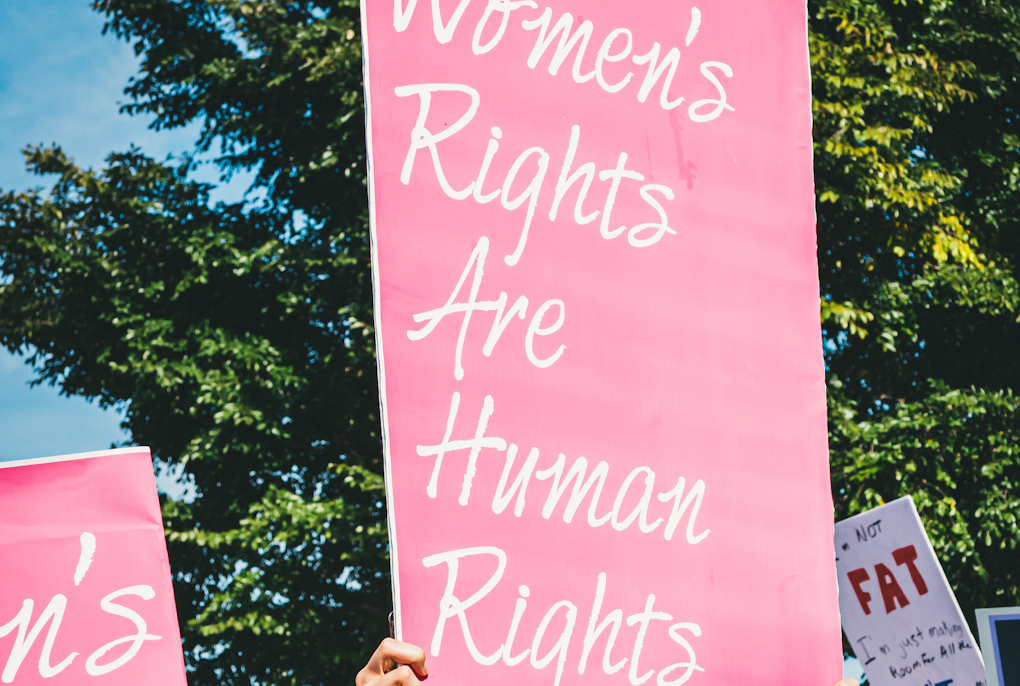
 Uwe Fromm
Uwe Fromm